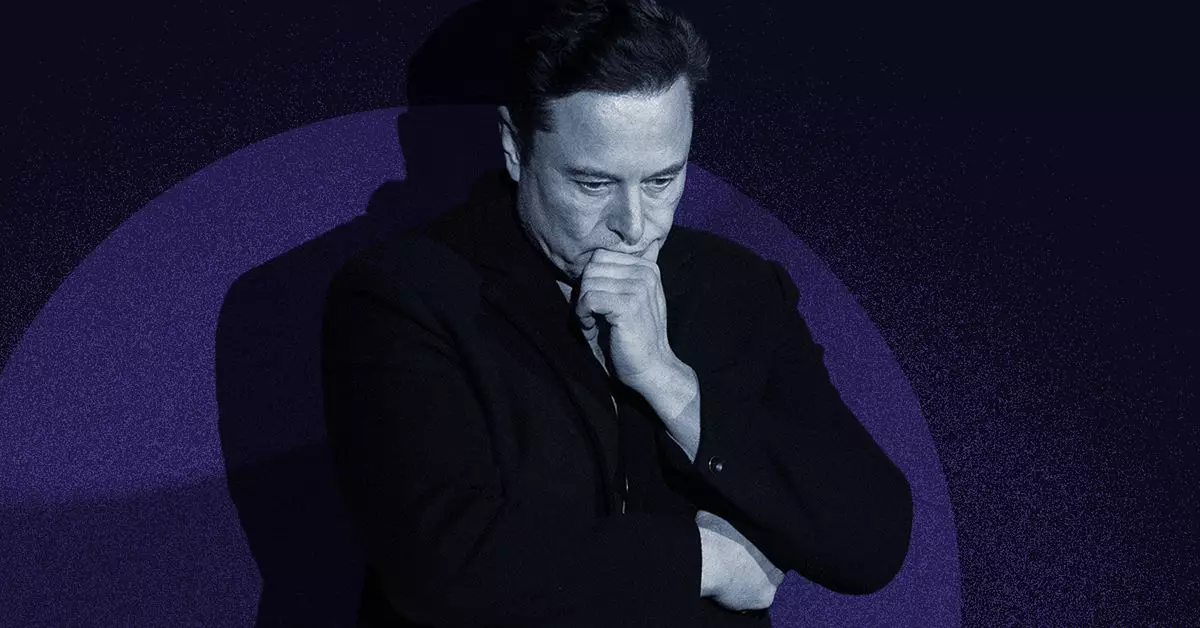In an age dominated by technology and social media, influential figures like Elon Musk have discovered new avenues for their thoughts and grievances against public institutions. The recent move to initiate the Department of Government Efficiency (DOGE) underlines a significant shift in how public dissent and scrutiny can impact individual employees within governmental frameworks. Musk, a high-profile entrepreneur and a polarizing figure, has begun identifying what he perceives as excessive government roles, igniting discussions on job validity but often resulting in harassment and assault on personal privacy for those involved.
Musk’s approach to government critique has taken a rather personal turn. By spotlighting individual civil servants, such as Ashley Thomas, a director at the US International Development Finance Corporation, he has steered public discourse into harmful territory. His re-shared comments about jobs he deems illegitimate create not just a public debate but a platform for online harassment. With comments such as “so many fake jobs” gaining traction, the consequences are immediate: targeted employees find themselves under intense scrutiny and backlash, leading to significant invasions of privacy, including the locking down of their social media profiles.
The incident raises serious ethical questions. When someone with Musk’s influence uses his platform to publicly criticize and foster target-based harassment, the line between public accountability and personal attacks becomes dangerously blurred. This methodology of public shaming echoes a more systemic issue, where employees become scapegoats for broader systemic inefficiencies and can lead to a culture of fear among government employees.
Statements from representatives such as Everett Kelley of the American Federation of Government Employees underline the gravity of this situation. The notion that such actions can foster an atmosphere of terror among federal employees is alarming. Workers in government roles are already under pressure to perform efficiently; adding the threat of public ridicule intensifies this pressure and discourages innovation and affirmation in their roles.
Additionally, Musk’s previous experiences with online harassment and the manipulation of narratives further exemplify a trend where powerful individuals exploit their platforms for personal agendas. The pattern showcases a troubling aspect of freedom of speech being used as a shield for actions that can lead to psychological harm and professional insecurity.
The implications of this trend stretch far beyond individual cases of harassment; they reshape the entire landscape of public discourse. There is a risk that legitimate criticism of government practices will be eclipsed by personal attacks that distract from systemic analysis. The promise of transparency that DOGE aims to offer, under the pretext of ‘efficiency,’ needs to be carefully scrutinized to ensure it does not devolve into a hunting ground for public figures like Musk to target civil servants.
This situation underscores the urgent need for more restraint and responsibility among influencers in public discussion. Elon Musk’s actions serve as a cautionary tale about the power dynamics that arise when social media becomes a weapon rather than a tool for discourse. Balancing accountability and shield against bullying is crucial for a healthy democratic process.


Leave a Reply
You must be logged in to post a comment.